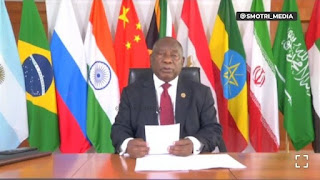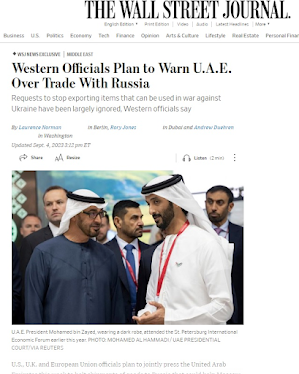
Argentina will likely withdraw its application to join BRICS
With a new president who wants to align Argentina with the US, especially if Trump returns to the White House next year, Argentina is likely to halt its pursuit of joining BRICS.
Diana Mondino, the candidate for Argentine Foreign Minister, relayed to Sputnik after the elections that Argentina will not be joining BRICS.“I don’t know why there is such interest in BRICS,” Mondino added.
Mondino further added that joint collaborations with China and Brazil will stop, despite them being Argentina's main trading partners, as she stressed that the country intends to stay in the South American trade bloc Mercosur.
It is worth noting that Milei is against joining BRICS.
Earlier in August, Argentina, alongside Egypt, Iran, Ethiopia, UAE, and Saudi Arabia were invited to join BRICS.
Argentinian president Fernandez articulated at the time that Buenos Aires is grappling with an economic crisis with high inflation and weak foreign currency reserves, and was looking to join the bloc.
Meanwhile, BRICS
nations meet today in a virtual summit to discuss the crisis in Gaza. After the
meeting, the President of South Africa read the final statement of the BRICS
countries regarding the situation in the Gaza Strip.
The statement expresses condolences to all those affected in Israel and the Gaza Strip, while also accusing Israel of violating international law. Ramaphosa, states that the primary cause of the conflict is Israel's illegal construction of settlements. The President of South Africa calls for the release of hostages taken during the Palestinian-Israeli conflict — a statement from the BRICS countries. The President of South Africa urges the International Criminal Court to initiate an investigation into those who committed war crimes during the Palestinian-Israeli conflict — a statement from the BRICS countries.







































